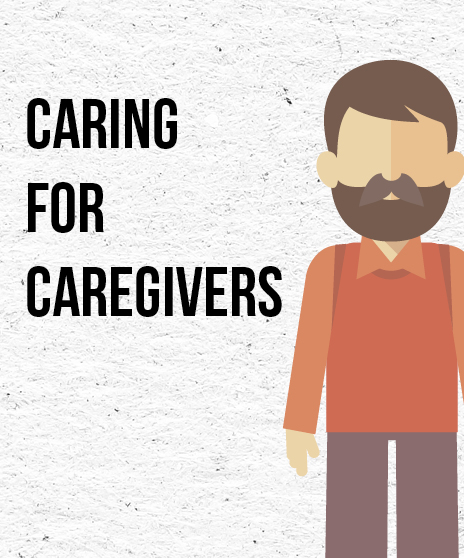November is National Caregivers Month. It’s good time to honor and appreciate caregivers for all their hardwork and dedication. Remember, no one can do this alone.
What or who is a caregiver?
A caregiver can be a spouse, family member, friend or a licensed professional who cares for a person that is recovering from a severe illness like a stroke. They may have a chronic illness like Parkinson’s or Dementia. They may also have a terminal illness like cancer. A caregiver is responsible for helping with: bathing, toileting, dressing, cooking, cleaning and giving medication. In addition to grocery shopping, driving to medical appointments and the pharmacy for Rx refills.
What are signs of caregiver burnout?
A caregiver can feel overwhelmed emotionally, financially and physically. Signs of burnout include changes in eating habits, weight loss / gain, hopelessness, fatigue, impatient, irritable, argumentative, loss of interest in activities once enjoyed and other physical problems.
What are ways to prevent / manage burnout?
The most important way to prevent burn out is to ask for help. Do not wait until you are exhausted. Recruit friends or adult family members frequently if they live nearby. Let them do things their way. Go outside – weather permitting – for a change of scenery and fresh air. Allow the person being cared for to complete any tasks they can do themselves. Try to avoid helping with these tasks just because you can do it faster. Make time for yourself – do not miss your personal appointments like a haircut or a medical checkup. Take a brisk walk, read your book, watch your favorite TV show. Make a list of daily tasks. Avoid missing meals. Attend caregiver support group meetings, utilize local resources like adult day care, in home health agencies or assisted living facilities. If the person is on hospice – take advantage of Respite Care.


